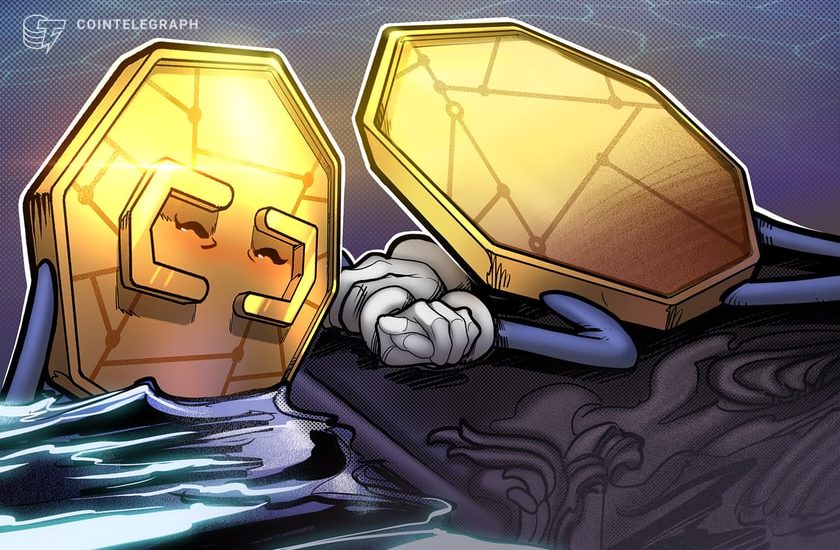- May 9, 2023
- Posted by: admin
- Category: BitCoin, Blockchain, Cryptocurrency, Investments


Despite their best efforts, bankruptcy trustees have only managed to recover a fraction of the $160 million ($215 million Canadian) owed to creditors.
According to a May 8 post by Miller Thomson, the law firm representing users of the defunct cryptocurrency exchange QuadrigaCX, interim distribution of funds tied to bankruptcy proceedings will be scheduled “in the coming weeks.”
Bankruptcy trustee Ernest & Young announced the interim distribution in consultation with estate inspectors. In the near future, the trustee will post a Notice to Affected Users regarding details about the manner and procedure of the distribution. According to Miller Thomson, a small number of affected users are expected to receive a Notice of Disallowance of Claim, which means that the creditor’s claim has been revised or disallowed in the bankruptcy process.
“If you received a Notice of Disallowance, you have the right to appeal the decision,” Miller Thomson explained, adding:
“The first step is to review the reasons for the revision or disallowance and gather any necessary evidence to support their claim. In this case, the Trustee is most likely to have issued a Notice of Disallowance if there was a discrepancy in your proof of claim.”
QuadrigaCX, once the largest cryptocurrency exchange in Canada, became insolvent in February 2019, shortly after its co-founder Gerald Cotten died in India, taking the private keys to QuadrigaCX’s offline storage systems to his grave. According to the Ontario Securities Commission (OSC), QuadrigaCX owes its affected clients an estimated $160 million. In addition to losing access to cold storage, the OSC alleges that Cotten realized $86 million in crypto trading losses on the QuadrigaCX platform, which was then covered with users’ funds.
Since then, bankruptcy trustee Ernest & Young has recovered $34.3 million worth of assets. “We did not identify any other assets beyond those identified by Ernst & Young,” wrote the OSC.

Magazine: Can you trust crypto exchanges after the collapse of FTX?
